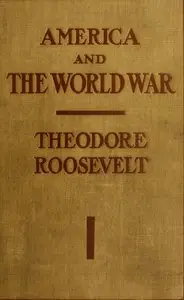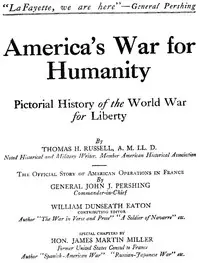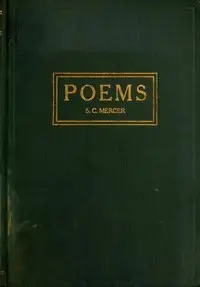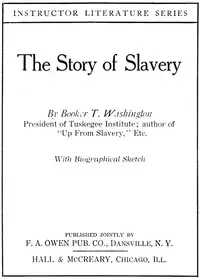"American World Policies" by Walter E. Weyl is a study of the United States' changing position in the world during the time of World War I and the rise of imperialism. It looks at ideas like love for one’s country, peace, and the conflict between staying out of global affairs and getting involved, showing how these ideas would affect future foreign policy. The book starts by showing how American feelings changed after the start of the Great War, capturing the disappointment of Americans who thought their country could stay separate from European wars, and discusses whether America should strongly push its own interests or work with other nations for peace. Weyl points out the strong economic and belief-based forces behind these choices, highlighting the development of two different American identities—one based on ideals and helping others, and the other on practical concerns and self-interest—arguing that the nation must find a way to deal with the challenges of world affairs as modern warfare becomes more threatening.

American World Policies
By Walter E. (Walter Edward) Weyl
Faced with a world at war, a nation grapples with its identity, torn between isolation and intervention, idealism and self-interest, as it forges its path on the global stage.
Summary
About the AuthorWalter Edward Weyl was a writer and speaker, an intellectual leader of the Progressive movement in the United States. As a strong nationalist, his goal was to remedy the relatively weak American national institutions with a strong state. Weyl wrote widely on issues of economics, labor, public policy, and international affairs in numerous books, articles, and editorials; he was a coeditor of the highly influential The New Republic magazine, 1914–1916. His most influential book, The New Democracy (1912) was a classic statement of democratic meliorism, revealing his path to a future of progress and modernization based on middle class values, aspirations and brain work. It articulated the general mood:"America to-day is in a somber, soul-questioning mood. We are in a period of clamor, of bewilderment, of an almost tremulous unrest. We are hastily revising all our social conceptions.... We are profoundly disenchanted with the fruits of a century of independence."
Walter Edward Weyl was a writer and speaker, an intellectual leader of the Progressive movement in the United States. As a strong nationalist, his goal was to remedy the relatively weak American national institutions with a strong state. Weyl wrote widely on issues of economics, labor, public policy, and international affairs in numerous books, articles, and editorials; he was a coeditor of the highly influential The New Republic magazine, 1914–1916. His most influential book, The New Democracy (1912) was a classic statement of democratic meliorism, revealing his path to a future of progress and modernization based on middle class values, aspirations and brain work. It articulated the general mood:"America to-day is in a somber, soul-questioning mood. We are in a period of clamor, of bewilderment, of an almost tremulous unrest. We are hastily revising all our social conceptions.... We are profoundly disenchanted with the fruits of a century of independence."














